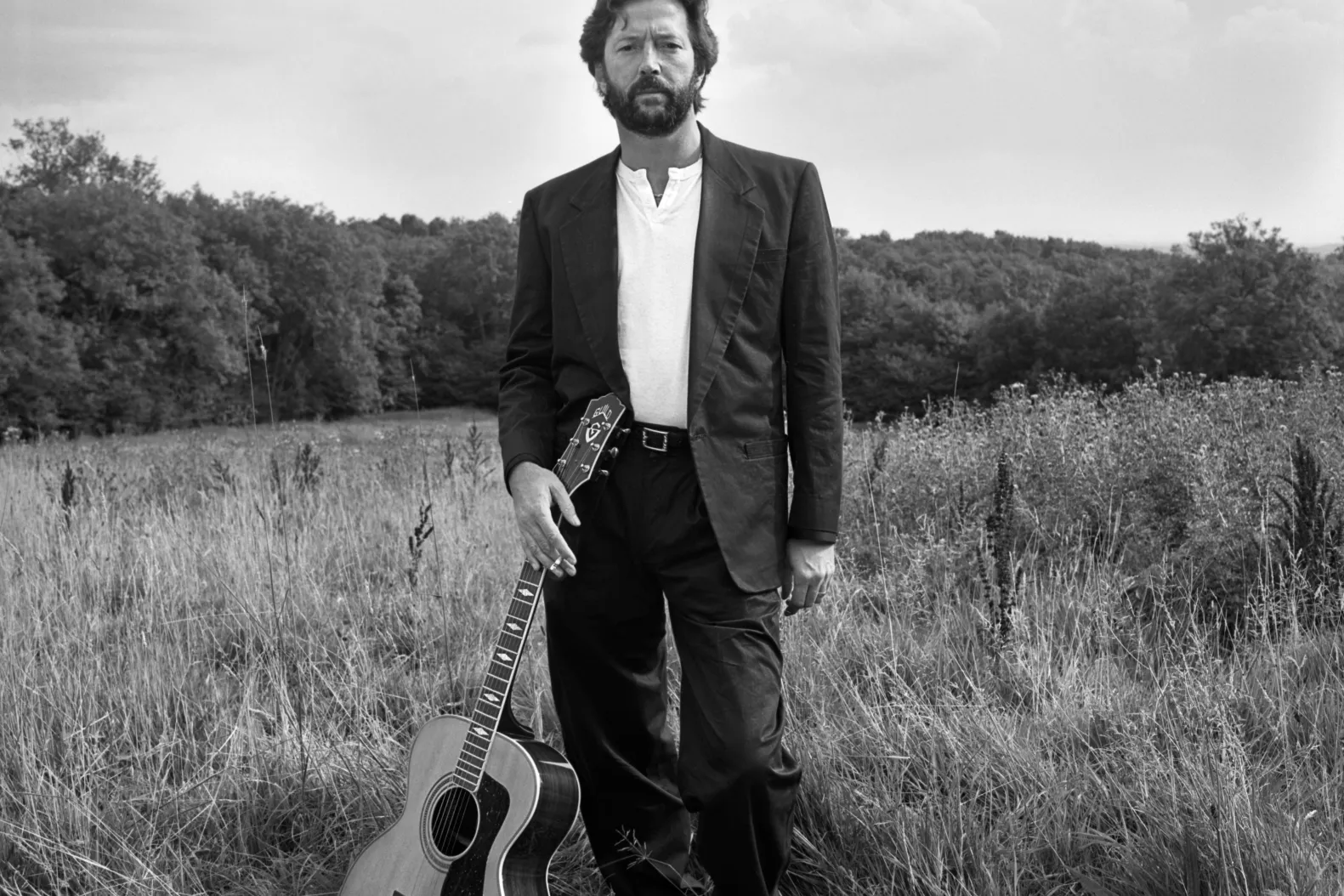Have you ever noticed that certain songs make more sense in particular settings? A mellow folk track might feel right while walking through autumn leaves. An ambient, dreamy groove suits days when the sun is high and warm. A gritty blues solo might feel perfect in a dimly lit bar late at night.
This isn’t just coincidence — location (or more broadly, “sense of place”) deeply influences what music feels meaningful or appropriate to us. Because music doesn’t exist in a vacuum: we hear it in cities, in fields, in neighborhoods, alongside smells, sights, memories. Our brain stitches them together.
The result: some genres resonate more strongly in certain parts of the world than others. Country music might dominate in rural America, but it doesn’t carry quite the same weight in London. Conversely, Britpop and indie rock might feel rooted in Manchester’s rain-soaked streets or in London underground halls — harder to transplant intact to, say, small towns in the U.S.
Music as Cultural Landscape
Let’s consider a more concrete example you suggested: a trip through dive bars of the Deep South in America. You might expect country music to be the default. But another contender often appears: blues rock. Why?
Blues and its electric descendants grew from the lived experiences of marginalized communities in the American South: the Mississippi Delta, rural Alabama, Texas, Louisiana. These genres bore the emotional weight of hardship, joy, longing, resilience. Over time, the music accumulated so much local history and meaning that to go to a Texas jukebox and hear ZZ Top riffing isn’t just entertainment — it’s inhabiting a musical geography.
In fact, Eric Clapton once commented on his own experience:
“When I first started going to Texas … the only thing that was on the jukeboxes in Texas was ZZ Top … Then I’d put the money in … my world changed.”
Clapton admired Billy Gibbons not just as a guitarist, but as a serious student of the music — someone who carried that regional authenticity into his craft.
That is, Gibbons wasn’t just copying old blues riffs; he was steeped in the culture and history that gave those riffs weight.
When ZZ Top later got to induct Cream (Clapton’s old band) into the Rock & Roll Hall of Fame, Gibbons praised Clapton’s legacy and influence — a meeting across geographic and stylistic lines, but rooted in a shared respect for place-based origin.
How Place Shapes Musical Taste
Here are some of the ways location exerts influence on how we consume and value music:
Cultural memory & heritage
In many regions, local folk traditions, regional dialects or instruments, and collective histories create expectations. For instance, in West Africa, West Coast rap or local hip-hop styles mix with traditional rhythms; in the American South, blues, gospel, and Southern rock carry weight because they grew there.
Social scenes & live circuits
Local venues, radio stations, open mics, music festivals create micro-ecologies. You follow what’s around you. If your town’s jam nights emphasize jazz or funk, that becomes part of your ear.
Peer influence & identity
You align with your surroundings, your community. If your friends in your city love indie electronic, that’s your access point. You adopt the sonic identity of the place.
Media, distribution, exposure
In many places, radio or streaming curation leans toward regional or national artists. Sometimes local scenes push local genres forward, and that becomes “what people hear first.”
Travel & cross-pollination
When people move, they bring their musical baggage. But whether their sounds stick or influence depends on how they interact with the new context. Sometimes you see “outsider” genres thrive (k-pop shows in Europe, reggae in Japan) — when a niche finds fertile ground.
Why Some Genres Don’t “Translate” Easily
Your point about Oasis is instructive. Oasis had huge resonance in the UK — a homegrown sound, imbued with British working-class swagger, references, cultural codes. But when they toured in the U.S., they faced different expectations: Americans already had strong rock traditions (blues, American folk, Southern rock, alt rock) and didn’t necessarily connect with the UK’s internal stories.
Similarly, country music is deeply American not just in sound but in its narratives: small towns, rural landscapes, American vernacular, histories of frontier life. When those references don’t land culturally, the emotional grip loosens.
A Hypothetical Music Journey
Let me describe a mini narrative to bring this to life:
You land in Nashville. You walk into a bar, hear a pedal steel guitar sliding behind a plaintive voice. Even if you don’t immediately “like” country, there’s an emotional logic: heartbreak, travel, loneliness in a road town. It fits the place.
Then you drive through rural Mississippi. In another dive, you hear a slide guitar and raw voice — blues. You feel something older, part of the land’s scars. You sense you are in resonance with something that evolved there.
Then you fly to London. You enter a narrow, brick-walled club. A band plays jangly guitars, introspective lyrics about grey skies. Suddenly that feels right — it fits the light, the city’s poetry, your memories of rainy walks.
What changes isn’t the music itself, but your relationship to it — your expectations, your emotional lenses, your openness. The same chord shapes might take different shades in different places.
Takeaways
Music and location are intertwined: the place you’re in shapes how music feels, what you expect, what you find meaningful.
Genres have roots: they’re born from specific landscapes, histories, social conditions.
Listening is contextual: the same song may feel different in your city, a bar, on a road trip, or at home.
Crossing places changes perception: a genre may feel exotic, stale, familiar, or foreign depending on your surroundings.

